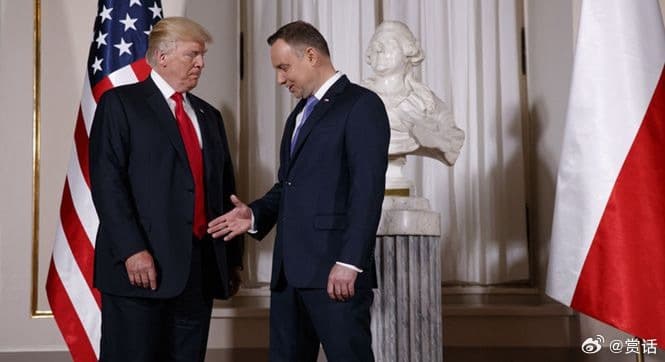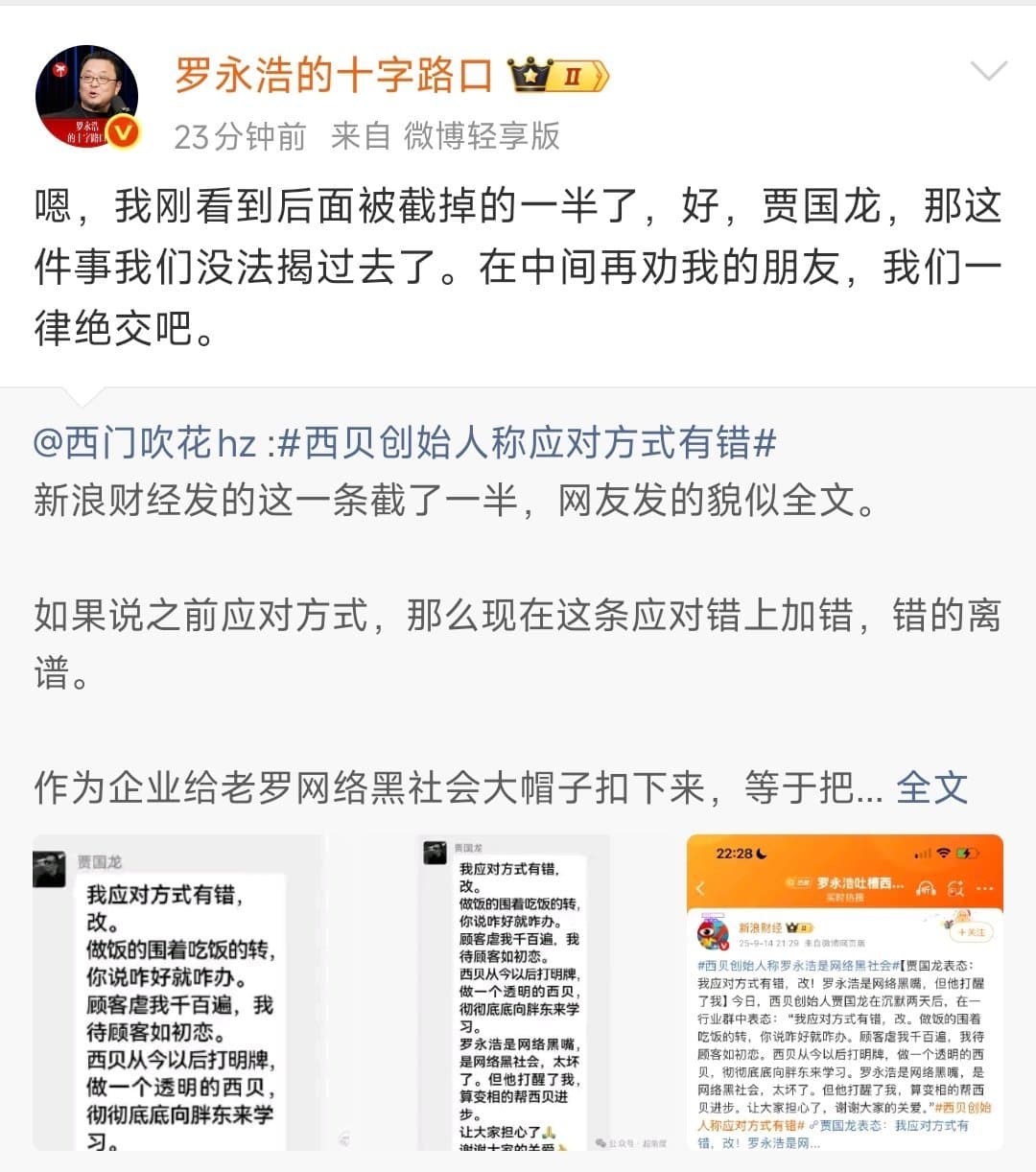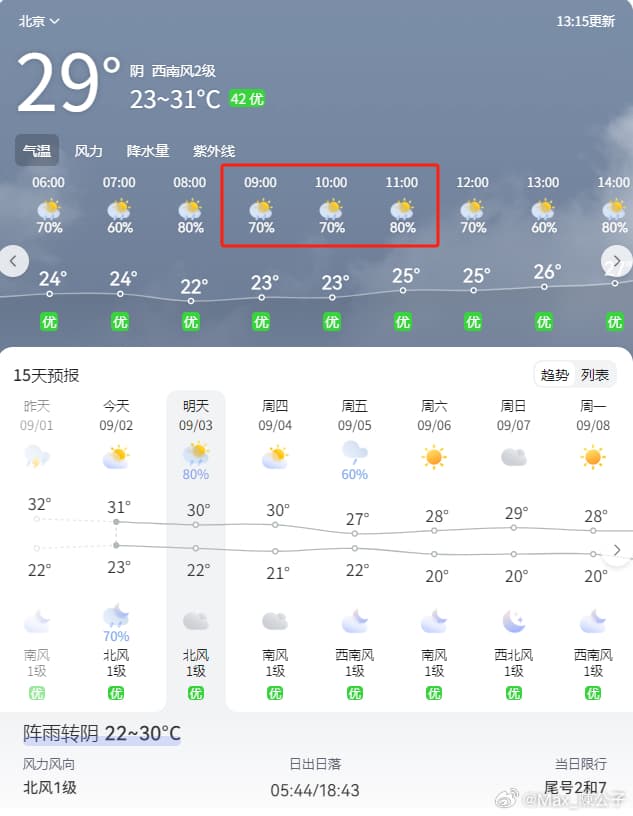Trump's Diplomatic Disrespect: Keeping Poland's President Waiting
The recent incident where President Trump kept Polish President Duda waiting for 1.5 hours before a scheduled meeting highlights a significant issue in international diplomacy, revealing a deeper problem in the dynamics between powerful and less powerful nations. This event not only reflects poorly on Trump's personal courtesy but also underscores the challenges faced by smaller nations in asserting their dignity and interests on the global stage.

25 February 2025
The meeting, initially scheduled to last an hour, was subsequently truncated to a mere 10 minutes due to Trump's late arrival. President Duda arrived at the White House ahead of schedule on February 22, 2025, only to be left waiting for an extended period. Despite Trump's later praise of Duda at the Conservative Political Action Conference, where the Polish president was seated in the front row, the damage had already been done. The incident has been widely covered in the media, with many outlets expressing outrage and disappointment at Trump's perceived lack of respect for Poland and its leader.
This behavior is not an isolated example of Trump's perceived disregard for diplomatic protocol and respect for other nations. There have been numerous instances where he has been accused of belittling or ignoring the leaders of other countries, including Canada, the United Kingdom, Denmark, Germany, Romania, and Ukraine. These actions have been seen as a reflection of his "America First" approach to foreign policy, which prioritizes the interests of the United States above all else.

The fact that Trump kept President Duda waiting for an extended period, only to then hold a brief meeting, has been interpreted as a sign of disrespect not just for the Polish leader, but for the country as a whole. In the world of diplomacy, such actions can have significant consequences, potentially straining relationships and creating an atmosphere of distrust. The incident may have significant implications for the diplomatic relations between the United States and Poland, as well as other smaller nations. It sends a message that the time and considerations of leaders from less powerful countries are not valued, which can hinder cooperation on important issues.
In conclusion, the event where President Trump kept President Duda waiting is not just a matter of personal courtesy but a reflection of the broader power dynamics at play in international relations. It underscores the challenges faced by smaller nations in asserting their dignity and interests on the global stage, even in relationships where strategic dependence is a factor. This incident has made it increasingly difficult for smaller and weaker nations to navigate the international stage, and has paved the way for a thorny road to global cooperation. The Polish media has perceived Trump's actions as a blatant disrespect towards Poland, criticizing his lack of courtesy and sparking widespread controversy and criticism. Trump's behavior is seen as a flagrant challenge to the norms of international relations, undermining the principles of diplomacy and mutual respect that are essential for effective global governance.
Comments

Share this article
Related Articles

Xi Jinping Elevates Cybersecurity to Core National‑Security Pillar, Driving China’s Quest for a Cyber Superpower
By Trending on Weibo
News & Politics
15 Sept 2025

Luo Yonghao vs. Xibei: Celebrity Entrepreneur Sparks Media Storm Over Pre‑Made Dishes and Calls for Transparency
By Trending on Weibo
News & Politics
15 Sept 2025

Weibo Celebrates Autumn Harvest as China’s Fields Become the Nation’s Most Beautiful Canvas
By Trending on Weibo
News & Politics
15 Sept 2025
China Enacts First Comprehensive Rental Regulations to Legalize and Stabilize the Rental Market
By Trending on Weibo
News & Politics
15 Sept 2025

Beijing’s Weather Emerges as a Barometer for China’s Climate Policies and Public Life
By Trending on Weibo
News & Politics
13 Sept 2025



